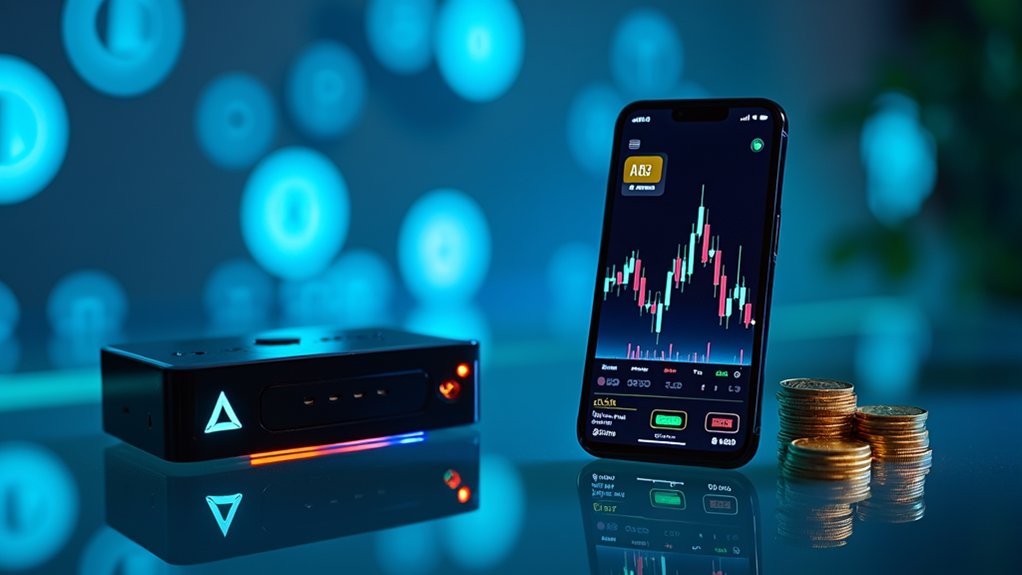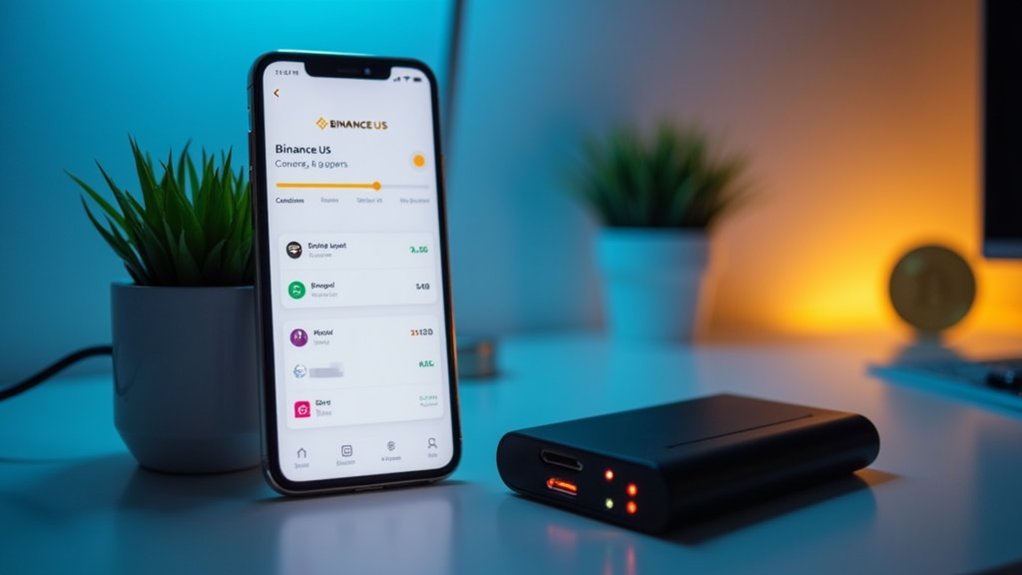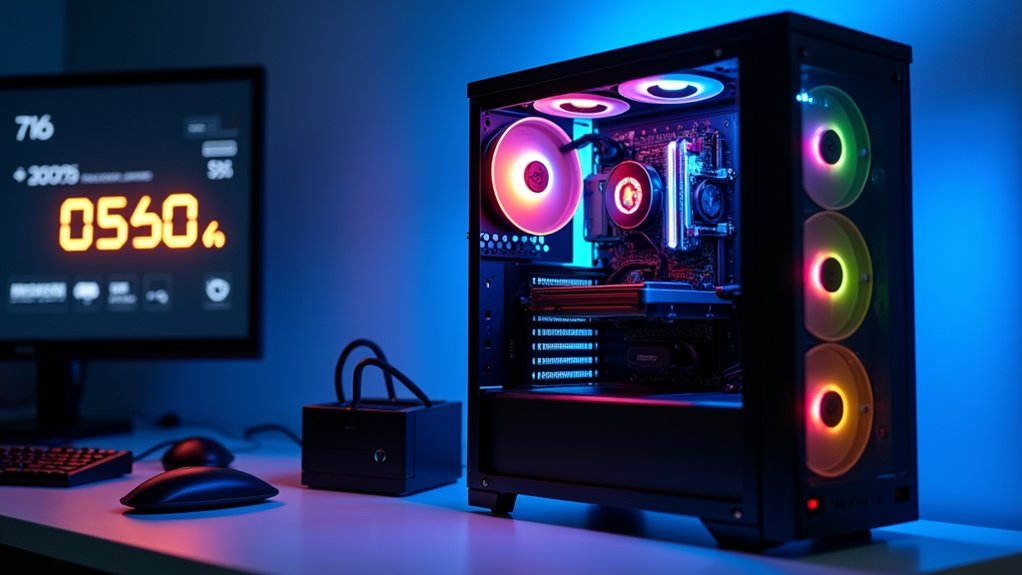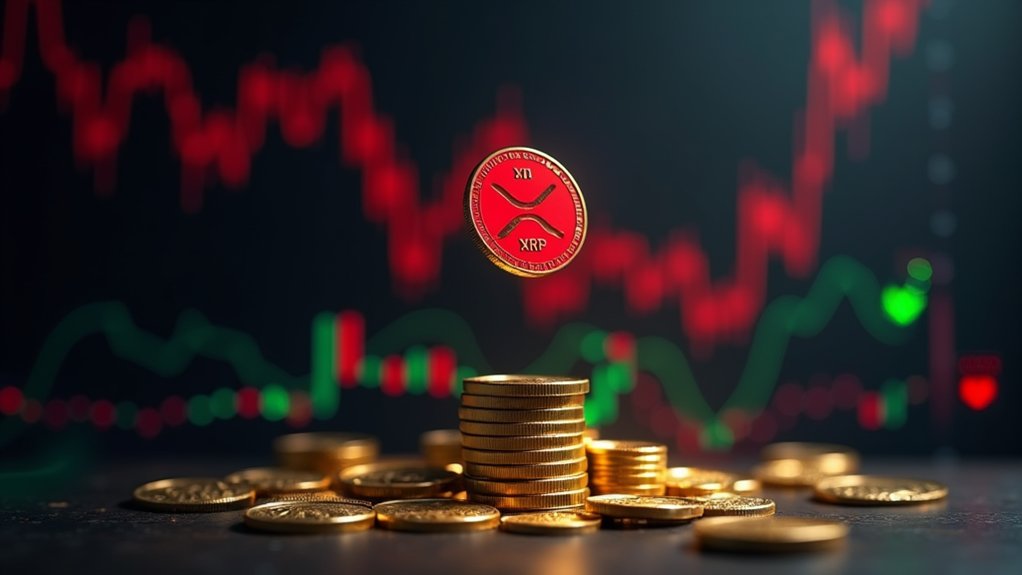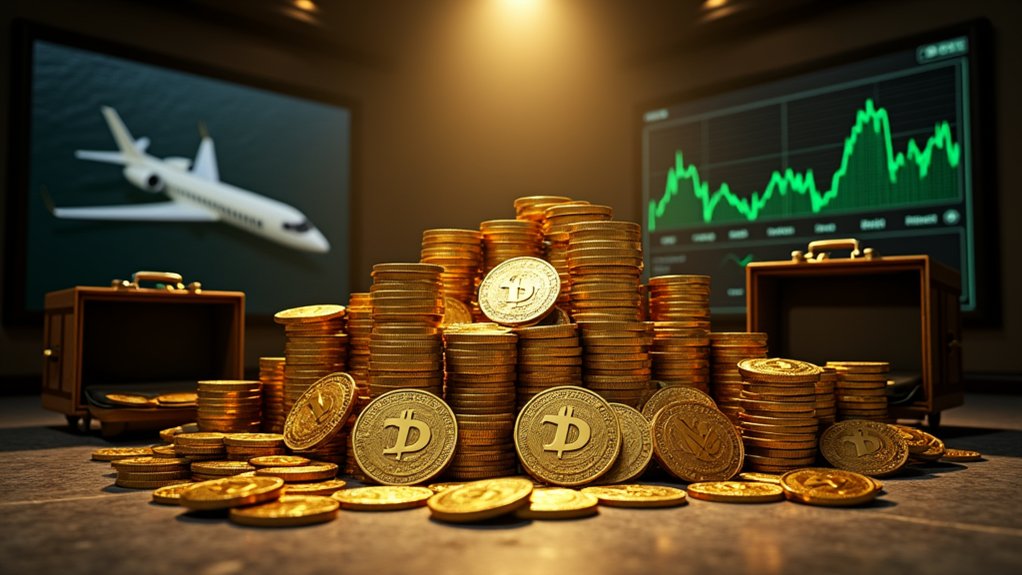Altura (ALU) can be purchased through several cryptocurrency exchanges including KuCoin, MEXC, Gate.io, and CoinEx. Investors typically create an account on their preferred platform, complete identity verification, deposit funds via bank transfer or credit card, and then purchase USDT or another intermediary cryptocurrency to trade for ALU. For enhanced security, implementing two-factor authentication and transferring tokens to hardware wallets is recommended after acquisition. The following guide outlines specific step-by-step procedures for both centralized and decentralized exchange methods.
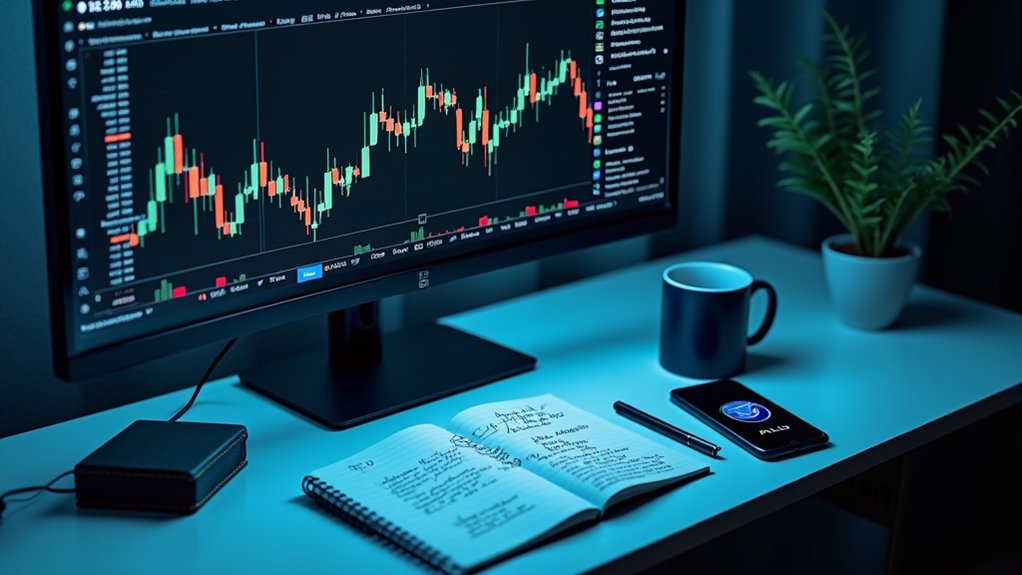
Numerous investors seeking to diversify their cryptocurrency portfolios have turned their attention toward Altura (ALU), a utility token primarily linked with NFT gaming applications that has garnered interest within specialized trading communities.
Altura's NFT gaming utility has captured attention from crypto investors looking beyond mainstream tokens for portfolio diversification.
The token, while not available on major platforms like Binance directly, can be acquired through several established exchanges including KuCoin, CoinEx, Gate.io, and MEXC, each offering distinct advantages for different types of investors. KuCoin, for example, provides Altura trading with competitive 0.1% fees and support for USDT pairings, while CoinEx appeals to privacy-conscious traders by allowing purchases without completing KYC verification procedures. For mobile-first investors, the Kriptomat app offers a dedicated Web3 wallet specifically designed for purchasing Altura among over 2000 available cryptocurrencies.
The acquisition process typically follows two main pathways: centralized or decentralized exchanges. Through centralized exchanges, investors create and verify accounts, deposit funds via bank transfer or credit card, purchase intermediary cryptocurrencies like USDT if necessary, execute trades for Altura, and finally transfer assets to secure storage. The most popular beginner-friendly exchanges include platforms like Coinbase and Kraken that offer intuitive interfaces for cryptocurrency purchases.
Alternatively, decentralized exchanges require users to connect compatible wallets like Trust Wallet to platforms supporting Altura's blockchain, swap base currencies like BNB for ALU tokens, and manually configure wallet settings to display the newly acquired assets.
Security practices remain paramount when purchasing Altura, with experts recommending enabling two-factor authentication on exchange accounts and transferring tokens to hardware wallets like Ledger or Trezor for long-term storage rather than leaving assets on potentially vulnerable exchange-hosted wallets.
Investors should keep private keys offline and never share seed phrases with third parties to mitigate hack risks. For those seeking minimal exposure, exchanges typically accommodate fractional purchases starting at approximately $10, providing a low-risk entry point for initial market participation.
Before committing capital, prudent investors evaluate Altura's fundamental metrics, including development team credibility, adoption rates, and practical utility within the NFT gaming ecosystem, while also considering current market sentiment indicators, which recently showed 5 bullish versus 26 bearish signals, suggesting cautious positioning might be warranted in the current trading environment. The current price of Altura at 0.042079 USD offers both opportunities and risks for investors considering its recent price volatility.
Frequently Asked Questions
What Is Altura Crypto Used For?
Altura crypto serves multiple utilities within its ecosystem, primarily functioning like the payment mechanism for platform transaction fees related to NFT operations.
The token enables users to create and upgrade Smart NFTs with programmable properties, participate in governance voting for platform decisions, facilitate trading on Altura's marketplace through its order-book system, and cover service fees for API access and third-party collaborations across its supported multi-chain infrastructure.
Is Altura a Good Investment?
Altura's investment potential remains speculative, balancing promising AI-NFT amalgamation and gaming applications against significant market risks.
While its low market cap offers growth runway, with bullish projections suggesting potential 10x returns, investors should consider regulatory uncertainties, competition from established platforms, and volatile market conditions.
Technical indicators show mixed signals, with only 4/27 tools indicating bullish momentum.
Conservative investment strategies, like dollar-cost averaging, may mitigate exposure to this high-risk, high-reward altcoin.
What's the Minimum Amount Needed to Buy Altura?
The minimum amount needed to buy Altura (ALU) varies by platform, with typical cryptocurrency exchanges requiring approximately $10, which currently purchases around 237.65 ALU tokens.
Kriptomat, a popular exchange listing ALU, imposes a higher threshold of 25 EUR for initial investments.
Decentralized exchanges may offer lower minimums, though transaction fees can notably impact the final acquisition value, particularly for smaller investments where fee-to-purchase ratios become proportionally higher.
Can I Stake Altura Tokens for Rewards?
Staking Altura (ALU) tokens is possible through specific platforms, particularly CoinUnited.io, which advertises a substantial 55.0% APY with hourly interest distributions enabling compound growth.
Historical staking programs have offered even higher yields, for example BakerySwap's December 2022 promotion featuring 6,642.58% APY.
However, staking availability remains platform-dependent, with major aggregators like StakingRewards.com not currently listing ALU, necessitating investors seek dedicated exchanges or specialized platforms for staking opportunities.
How Do I Store Altura Crypto Safely?
Altura tokens can be securely stored through multiple approaches, each balancing accessibility with security considerations.
Exchange storage offers convenience but presents custody risks, whereas hot wallets like MetaMask provide frequent access with moderate security.
For maximum protection, hardware cold wallets like Ledger or Trezor maintain private keys offline, safeguarding against network vulnerabilities.
Regardless of storage method, implementing multi-factor authentication, secure seed phrase management, and regular software updates remains essential for protecting ALU holdings from potential threats.
